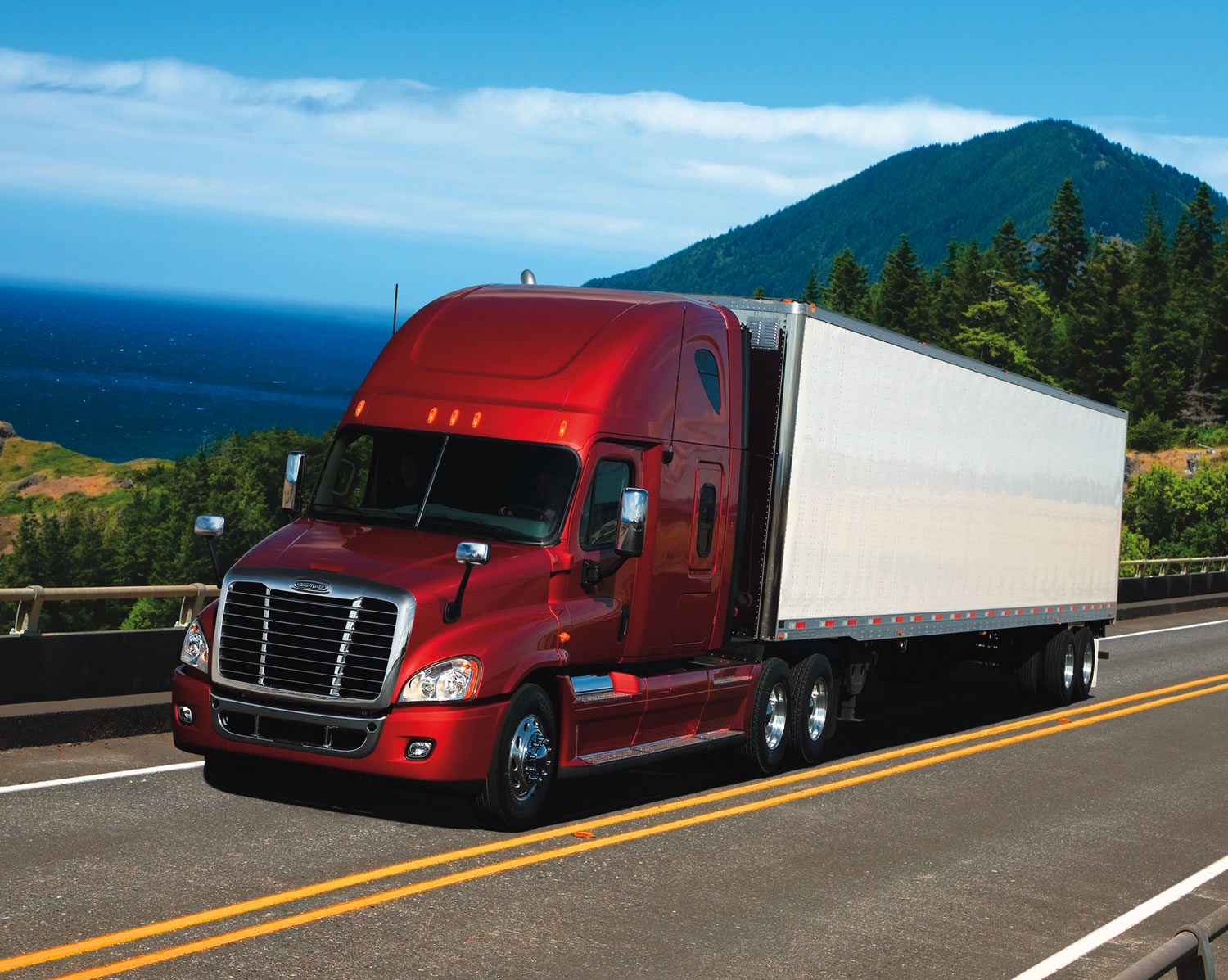As previously mentioned, the U.S. has begun a revolution in their view of food safety laws. Becoming stricter on how food is transported, stored and cooked before being consumed by the customer, many people in the industry around the States have to reconsider their current methods. Here are some examples of changes.
New Dining Training Requirement
Major diner company in America, IHOP are adopting new food safety standards in conjunction with the shift in the U.S. It calls for everything from color-coded cutting boards to a computerized label program that figures expiration times and the proper storage temperature for a batch of pancake batter.
Manager of two IHOPs in Springfield, Mr. Gene Rupnik reflects on the new guidelines and what it means for his business. Though the change was unexpected, Rupnik agrees with the changes and that it is a move forward for the food industry. He is enthusiastic about the regulations that the head office of IHOP has sent.
In addition to the new food safety rules for IHOP, all employees have to now undergo training. Before, only one staff member on duty was required to have undergone the food service sanitation manager certificate. Whereas now, all members of stuff should have at least eight hours of training done.
For full article, click here.
Truckie Adapts to New Food Safety Regulations

Following the new guidelines on food safety made by the government, truckies all over the U.S. have to rethink the way they are to transport their goods. The proposed changes would prevent illness and injury to humans and the animals being transported.
Another aspect that will be affected by the new regulations is the cleaning, loading and maintaining equipment. Companies have become sloppy in the way they regulate these process and these new rules will hopefully give them the incentive to improve their services.
More details can be found here.